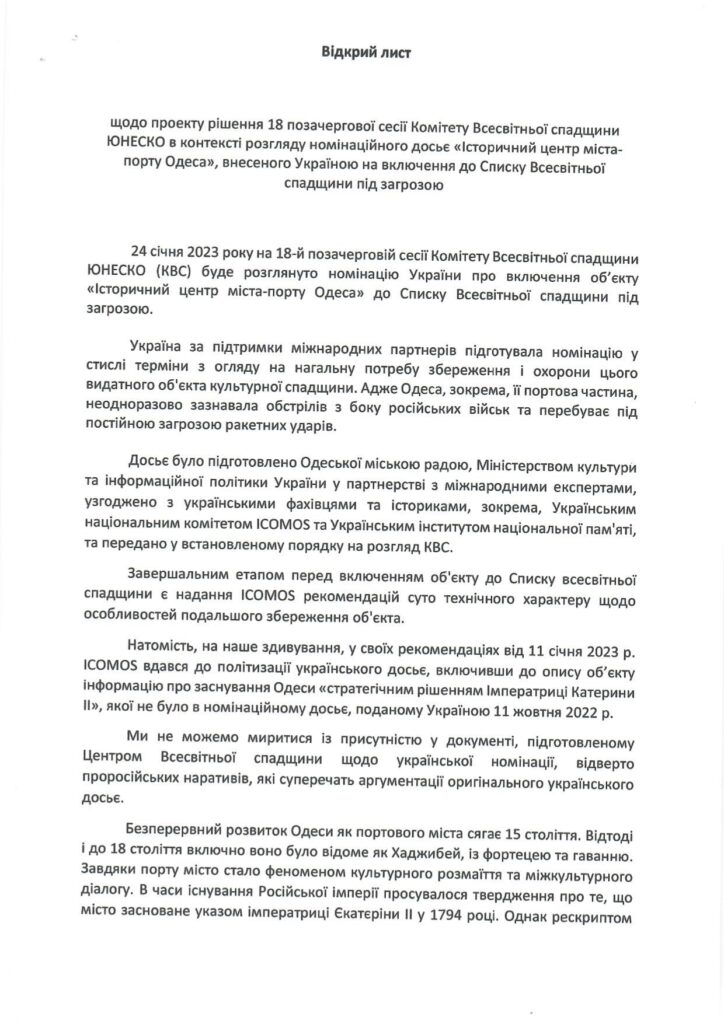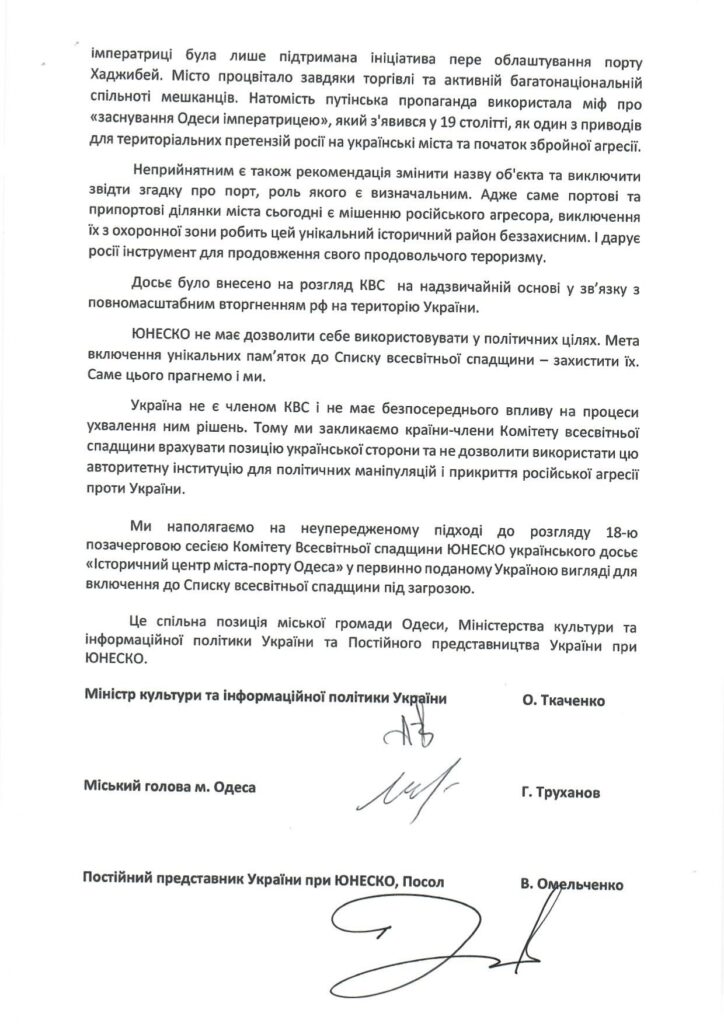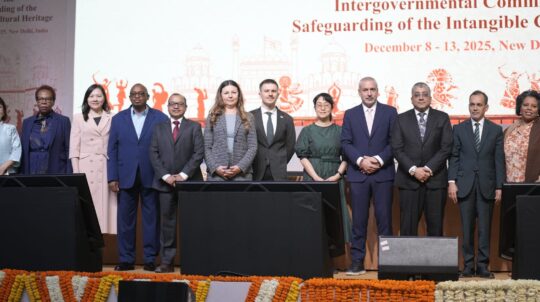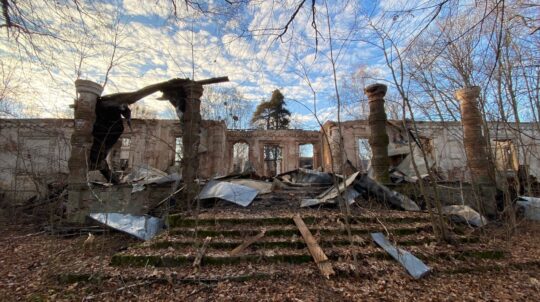On January 24, 2023, at the 18th Extraordinary session of the UNESCO World Heritage Committee (WHC), Ukraine’s nomination for the inscription of the “Historic Center of the Port City of Odesa” on the List of World Heritage in Danger will be considered.
Ukraine, with the support of international partners, prepared the nomination in a short period of time in view of the urgent need to preserve and protect this outstanding site of cultural heritage. After all, Odesa, in particular, its port part, was repeatedly under fire of russian troops and is under constant threat of missile strikes.
The nomination was prepared by the Odesa City Council, the Ministry of Culture and Information Policy of Ukraine in partnership with international experts, coordinated with Ukrainian specialists and historians, in particular, Ukrainian National Committee ICOMOS and Ukrainian Institute of National Memory, and submitted within the deadline for consideration by the World Heritage Committee.
The final stage before inscribing on the World Heritage List is delivering by ICOMOS its recommendations of a purely technical nature regarding the particularities of the site’s further protection.
Instead of this, to our surprise, ICOMOS in its recommendations of January 11, 2023, resorted to politicizing the Ukrainian dossier. It comes to including in the draft Declaration on the outstanding universal value the sentence about the founding of Odesa “by the strategic decision of Empress Catherine II” which has never existed in the text of the nomination dossier submitted by Ukraine 11 October 2022.
We cannot accept the assertion in the document of the World Heritage Committee on the Ukrainian nomination of openly pro-russian narratives that contradict the arguments of the original Ukrainian dossier.
The continuous development of Odessa as a port city dates back to the 15th century. Since then until the 18th century inclusive, it was known as Hadzhybei, with a fortress and a harbor. Due to the port, the city has become a phenomenon of cultural diversity and intercultural dialogue. During the existence of the russian empire, there was a fake message that the city was founded by the decree of empress catherine II in 1794. However, the rescript by the empress was only a supported initiative to reorganize the port of Hadzhybei. The city prospered due to trade and an active multinational community of residents. Instead of this, putin’s propaganda used the myth of the “founding of Odesa by the empress”, which appeared in the 19th century, as one of the grounds for russia’s territorial claims on Ukrainian cities and the beginning of its armed aggression.
The recommendation to change the name of the site and exclude from it the mentioning of the port is also unacceptable since the port played a crucial in developing the city. After all, it is the port and near-port areas of the city that are the target of the russian aggressor today. Their exclusion from the security zone makes this unique historical area defenseless and gives russia a tool to continue its food terrorism.
The dossier was submitted for consideration by the WHC on an emergency basis due the full-scale invasion of the russian federation on the territory of Ukraine.
UNESCO must not allow itself to be used for political purposes. The purpose of inscribing unique sites on the World Heritage List is aimed at protecting them. This is exactly what we strive for.
Ukraine is not a member of the WHC and has no direct influence on its decision-making processes. Therefore, we call upon the member states of the World Heritage Committee to take into account the position of Ukraine and not allow this authoritative institution to be used for political manipulation and cover-up of russian aggression against Ukraine.
We insist on an impartial approach to the consideration by the 18th extraordinary session of the UNESCO World Heritage Committee of Ukrainian dossier “Historic Center of the Port City of Odesa” as initially submitted by Ukraine for inscription on the List of World Heritage in Danger.
This is the common position of the Odesa city community, the Ministry of Culture and Information Policy of Ukraine, and the Permanent Mission of Ukraine to UNESCO.
Minister of Culture and Information Policy of Ukraine O. Tkachenko
Mayor of Odesa G. Trukhanov
Permanent Representative of Ukraine to UNESCO, Ambassador V. Omelchenko



